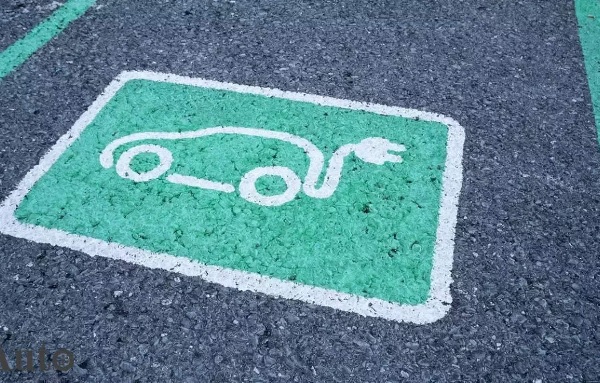
Delhi govt’s Electric Vehicle Policy 2.0 to shift gears – EQ
NEW DELHI: Delhi government’s EV Policy 2.0, which is expected to be launched in a few months, may bat for retro-fitment to promote cleaner fuel.
Electric vehicle retro-fitment refers to converting petrol or diesel vehicles to an EV. The process involves changing the original engine and other related components, and installing a new alternative energy source. It allows people to continue using their vehicles rather than getting them scrapped.
Transport minister Kailash Gahlot said, “Electric vehicle retro-fitment as a concept is costly, but the future could be promising if prices are brought down as it promotes clean air. We are exploring how we can promote the concept in the next EV policy.”
The retrofit kit will need the approval of the designated testing agency as specified in the rule. Each kit costs around Rs 4-5 lakh for even a starting-range car. As the kit is costly, it may be more handy for high-end cars, said an official. The upcoming policy may offer subsidies or other benefits for the process, said another official. “We are also thinking of investing in research and development in the field.” Gahlot had recently met experts from the field and tested a Gypsy retrofitted for Indian Army. He also met students from IIT Delhi working on innovative ideas.
Archit Fursule, research associate on e-mobility at Climate Trends, said, “It has a future, but would take some time. If the demand increases, the production cost will come down. The whole kit is now not made in India, so we need to invest more in research and development.” Pointing out that the kit is not available for all cars, Fursule said, “For a Swift car, it costs Rs 4.5 to 5 lakh, while you will have to import the whole kit for some cars.” He added, “If we start clamping down on polluted fuels, it can pick up pace.”
In June last year, Delhi government had issued an order allowing petrol and diesel vehicle owners to convert their vehicles into EVs through retrofitting. It had also launched a portal to bring in both customers and agencies involved in the process on a common platform.
However, the response has not been very encouraging. “If we bring retrofitting in the ambit of the policy and also invest in research, it has potential, especially in Delhi, as we strictly follow the rule of not allowing diesel vehicles above 10 and petrol ones above 15 years as per the NGT guideline,” an official said.












